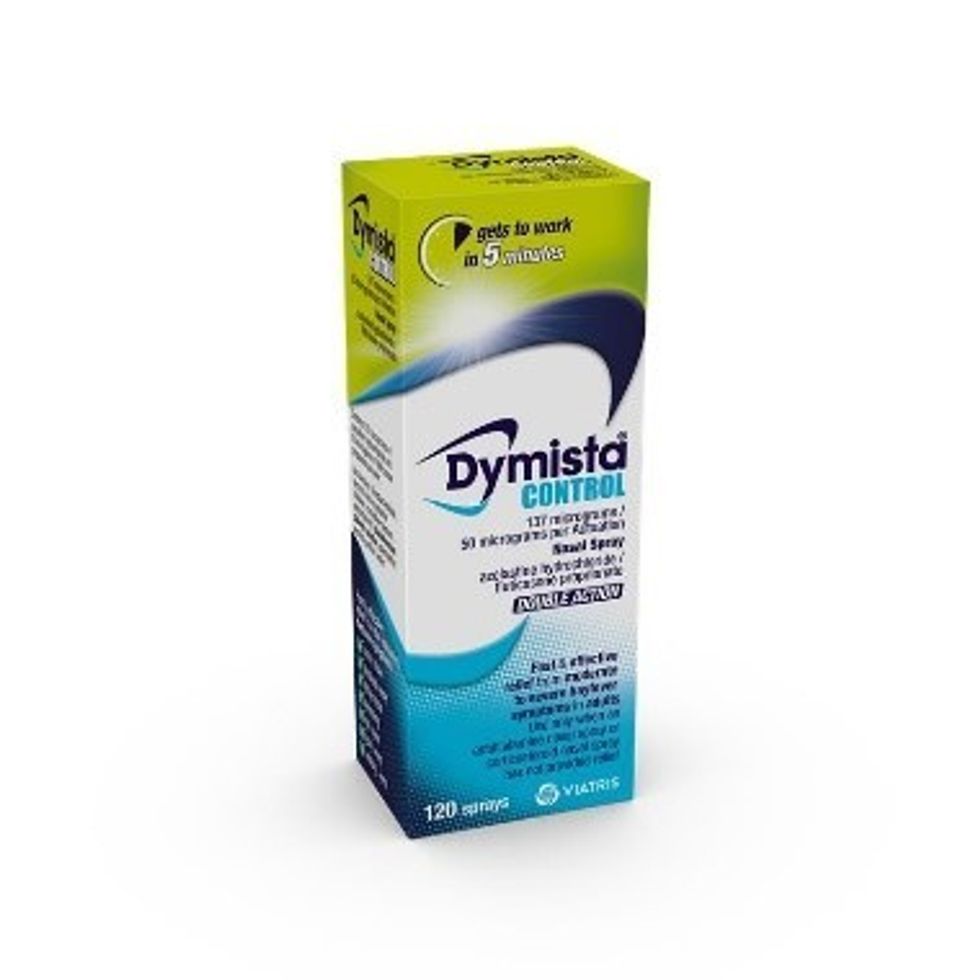Drugs Policy Minister Angela Constance described the increase in drug-related deaths as “heart-breaking”, and reiterated the Scottish government’s determination to continue its work to address the crisis.
National Records of Scotland, the statistics agency, today (30) reported a 5 per cent on-year increase in the drugs-related fatalities in 2020 to 1,339 deaths. The figure indicated the highest figure on record and the seventh annual increase in a row.
After the appointment of Constance in December 2020 to the newly created post of Drugs Policy Minister, a national mission on the crisis was announced in January.
Since then the Scottish government has announced to spend £250 million to address the crisis over the next five years.
Starting September, the agency will release quarterly reports of suspected drug deaths to enable better surveillance and response from all those involved in tackling this public health emergency.
“We need to gather as much information as we can about drug use in Scotland and to that end, data on suspected drug deaths will be published quarterly from this September. This will ensure we can react more quickly and effectively to this crisis and identify any emerging trends,” Constance said.
“We are working hard to get more people into the treatment that works for them as quickly as possible. Without treatment, there is little hope of recovery so we are funding as many community and third sector initiatives as we can so that individuals have the widest possible choice and can opt for the support which suits them and their family.
“Of the £250 million announced over the next five years, £100 million will go on improving the provision of residential rehabilitation and I will update Parliament on progress in this area after the summer recess,” she said.
Drug Deaths Taskforce Chair Professor Catriona Matheson said: “Every drug-related death in Scotland is an avoidable tragedy, and these figures serve to remind us of the importance and urgency of our mission to identify the areas of action that can make a sustainable impact against the challenge.”
Responding to the data, Laura Wilson, RPS Scotland Policy and Practice Lead, said: “It’s concerning that drug related deaths and hospital admissions continue to rise in Scotland. Many of these deaths are preventable.
“Pharmacists, and pharmacy teams, already play a big role in supporting and providing treatment to people who use drugs, as well as offering harm reduction services and advice. The RPS wants to build on this fantastic work by enabling them to do even more to reduce harm from drugs.”
“We are calling on the Scottish government, pharmacy organisations, contractors and members of the profession to work together to reduce harm from drugs and improve the health of people who use drugs. We are also asking for significant resource, expertise and finance to be made available,” she said.
The Scottish first minister Nicola Sturgeon said the record was “shameful”, and promised concerted action.
Sturgeon said on Twitter, “The number of lives lost to drugs is unacceptable, each one a human tragedy. @scotgov does not shirk the responsibility and we are determined to make changes that will save lives.
“Today, my thoughts are with every family who has lost a loved one – I am sorry for the loss you have suffered. However, I know [that] what is required isn’t words, but action to prevent people dying, and that is what we are determined to deliver.”
In June, RPS Scotland had published a policy document on pharmacy’s role in reducing drug harms and preventing drug deaths.
The report made 14 recommendations including:
- Naloxone must be available from every community pharmacy and staff trained to use it.
- All pharmacists should have access to shared patient records and clear communication pathways with other health care professionals involved in the care of people who use drugs.
- Regulated Supervised Drug Consumption Rooms (SDCRs) should be introduced and use of Heroin Assisted Treatment (HAT) should be expanded as treatment options with pharmacy input from the start.








![Potential Side Effects of Mounjaro [What You Need to Know]](https://www.pharmacy.biz/media-library/image.jpg?id=54516976&width=1245&height=700&quality=90&coordinates=0%2C29%2C0%2C29)






 Dymista® CONTROL (azelastine hydrochloride and fluticasone propionate) nasal spray
Dymista® CONTROL (azelastine hydrochloride and fluticasone propionate) nasal spray 

